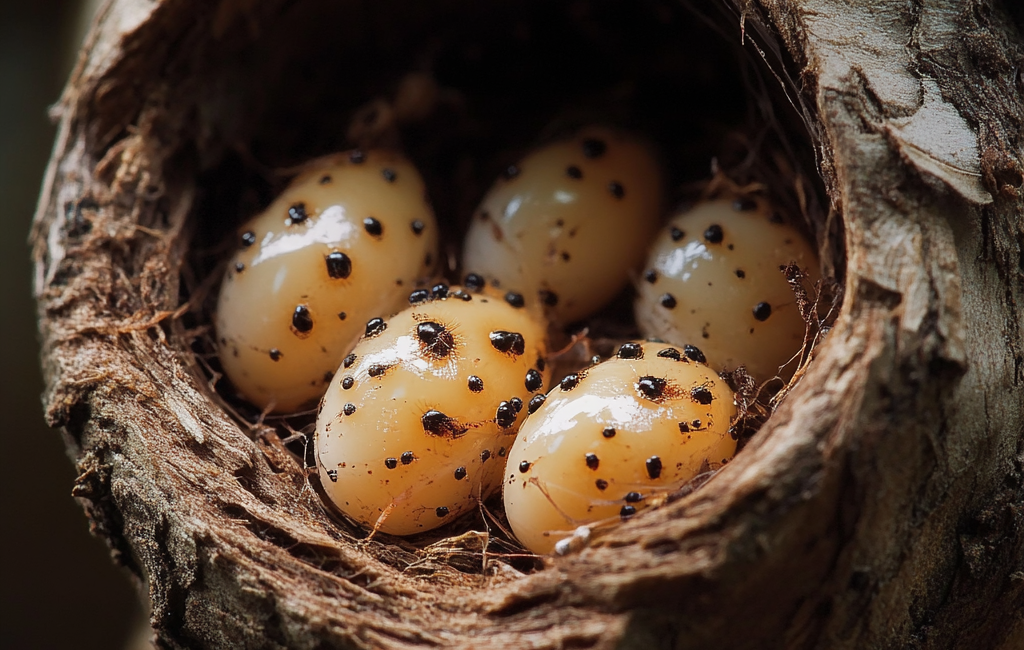How to Control and Eliminate Tick Eggs
**1. Burn Them: One of the most effective ways to destroy tick eggs is to burn them. If you find a cluster of tick eggs, carefully collect them using a stick or another tool and place them in a safe area to burn. This will ensure that the eggs do not hatch and contribute to an infestation.
**2. Use Insecticides: If burning is not an option, apply a tick-specific insecticide to the area. Be sure to follow the instructions on the label carefully. Choose a product safe for use around pets and children.
**3. Implement Organic Solutions: Consider natural alternatives like diatomaceous earth or neem oil. Diatomaceous earth, a fine powder, can be sprinkled around areas where you suspect tick eggs. It works by dehydrating and killing ticks and other insects. Neem oil is a natural insecticide that can be sprayed in tick-prone areas.
**4. Remove Leaf Litter and Debris: Regularly clean up leaf litter, grass clippings, and other organic debris from your yard. This reduces the hiding places for ticks and the locations where they may lay eggs.
**5. Mow the Lawn Regularly: Keep your grass trimmed to reduce the habitat for ticks. Shorter grass makes it harder for ticks to find hiding places and makes your yard less appealing to them.
**6. Create a Barrier: Set up a gravel or wood chip barrier between your lawn and wooded areas to prevent ticks from migrating into your yard. A 3-foot-wide barrier is typically recommended.
**7. Encourage Natural Predators: Chickens, guinea fowl, and some bird species are natural predators of ticks. Encouraging these animals to frequent your yard can help keep the tick population down.
**8. Pet Protection: Regularly check pets for ticks and use veterinarian-approved tick prevention treatments. This not only protects your pets but also prevents ticks from being brought into your home.
Preventing Future Tick Infestations
1. Maintain Your Yard: Regularly trim shrubs and trees to reduce shade and humidity. Remove any unnecessary brush or clutter that ticks could use as hiding places.
2. Treat Your Yard: Consider professional pest control services that specialize in tick prevention if you live in an area with a high tick population.
3. Fence Your Yard: If possible, install fencing to keep deer and other wildlife that can carry ticks away from your property.
4. Protect Outdoor Areas: Treat areas like patios, play areas, and walkways with tick repellent sprays.
5. Personal Protection: When spending time in tick-prone areas, wear long sleeves, long pants, and socks. Use tick repellent on exposed skin and clothing. Check yourself, your family, and your pets for ticks after spending time outdoors.
Final Thoughts
Finding tick eggs in your backyard is a serious issue, but with the right strategies, you can effectively manage and prevent an infestation. Regular inspections, proper lawn maintenance, and using natural or chemical control methods can keep ticks at bay. Remember, the key to protecting your home and family from tick-borne illnesses is vigilance and proactive management. Stay alert, and enjoy a tick-free yard all year round.




